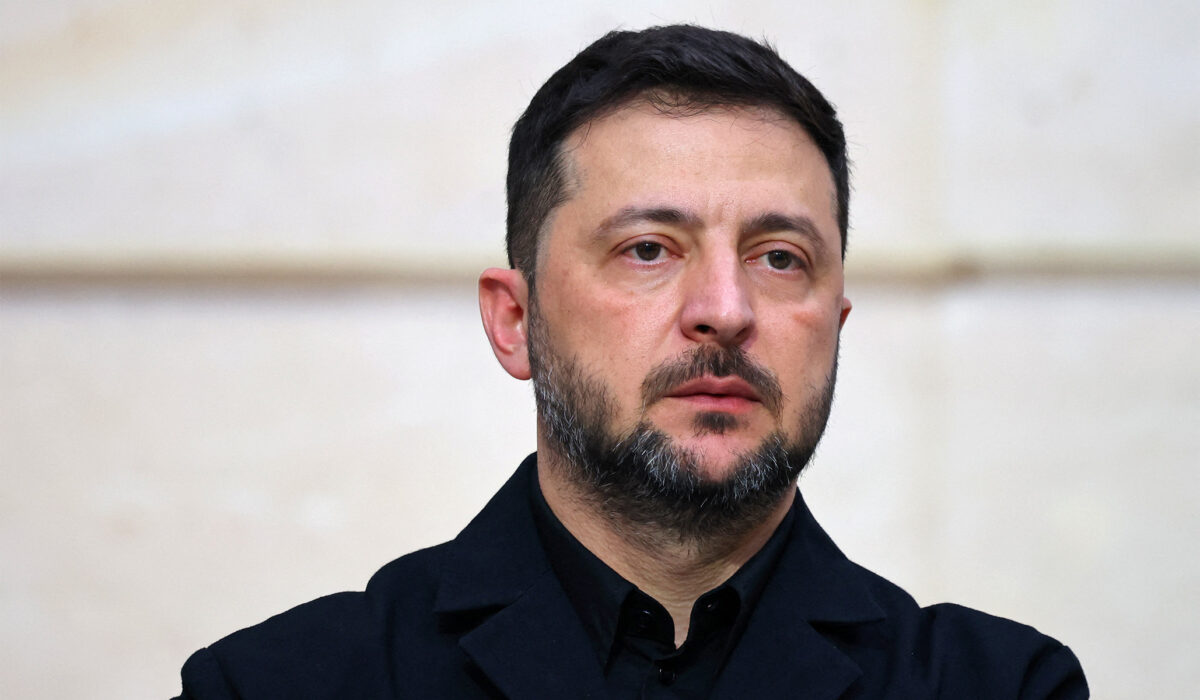A Better Plan for Ukraine: Make the Russians Say No
Republicans should recognize that the plan on offer is better than originally reported and treat it as an opportunity, not a weakness. The goal is clear: strengthen Ukraine so Moscow faces an unpalatable choice. Push the Kremlin into rejecting a deal that reveals its true intentions.
“Ukraine should work to make the Russians say no” is a strategic posture, plain and simple. It means proposing terms that expose aggression and put the burden of rejection squarely on the invader. When the choice is framed that way, global opinion and practical leverage shift toward Kyiv.
Crafting an offer that invites a Russian refusal requires a blend of carrots and credible sticks. Aid must be real and timely while penalties must be visible and automatic. That combination raises the political and economic cost for Moscow if it refuses.
On the military side, the plan should focus on force-multiplying systems that change the battlefield math without committing large numbers of Western troops. Training, long-range air defenses, and logistics help Ukraine hold ground and deter further attacks. The message to Russia should be: pay a higher price for aggression.
Sanctions remain a central lever and must be tied to behavior with clear triggers. Lifting restrictions should be a verifiable, phased process tied to concrete actions on the ground. That keeps incentives aligned and prevents premature rollback.
Diplomatically, the United States should work to keep allies coordinated and public unity intact. A unified front makes the offer more convincing and Russian refusal more isolating. Coordination also spreads risk and burden across friendly nations.
Credibility matters more than clever language, and Republicans rightly emphasize follow-through. Any plan that can be ignored or reversed offers no deterrent. Build enforcement mechanisms into the proposal so promises mean something.
Congressional involvement is essential to sustain durable support and ensure accountability. Legislative oversight can lock in assistance and set clear limits to prevent mission creep. That also gives the American people a voice in how their resources are used.
Transparency and anti-corruption measures must be nonnegotiable conditions for aid distribution. Practical auditing and phased transfers reduce diversion and build confidence among partners. Clean contracts and on-the-ground checks protect both taxpayers and the operational mission.
Public messaging should be straightforward and unapologetic: this is about defending a free nation and preserving a stable global order. Highlight the costs Russia will face and the benefits of supporting Ukraine’s resilience. Clear communication helps sustain domestic backing for a tough, smart policy.
Prepare for risks, including potential escalation, by keeping de-escalation channels open and contingency plans ready. Diplomacy and deterrence go together; one without the other leaves room for miscalculation. Signal firmness while creating ways to dial down danger if both sides choose restraint.
Use phased benchmarks and robust verification to measure progress, not promises. Independent observers and practical metrics make it harder for bad actors to game the system. Time-limited commitments with clear triggers protect long-term interests.
If the Russians say no, the West gains clarity and moral standing while Ukraine secures stronger guarantees. If they say yes, verifiable steps can bring a lasting peace that respects sovereignty. Either outcome advances American interests when strategy is disciplined and tough.
Acting from a position of strength requires patience, grit, and discipline. A plan that makes the Russians say no forces a reckoning about whether aggression pays. That’s the kind of clear-eyed approach Republicans should back.

